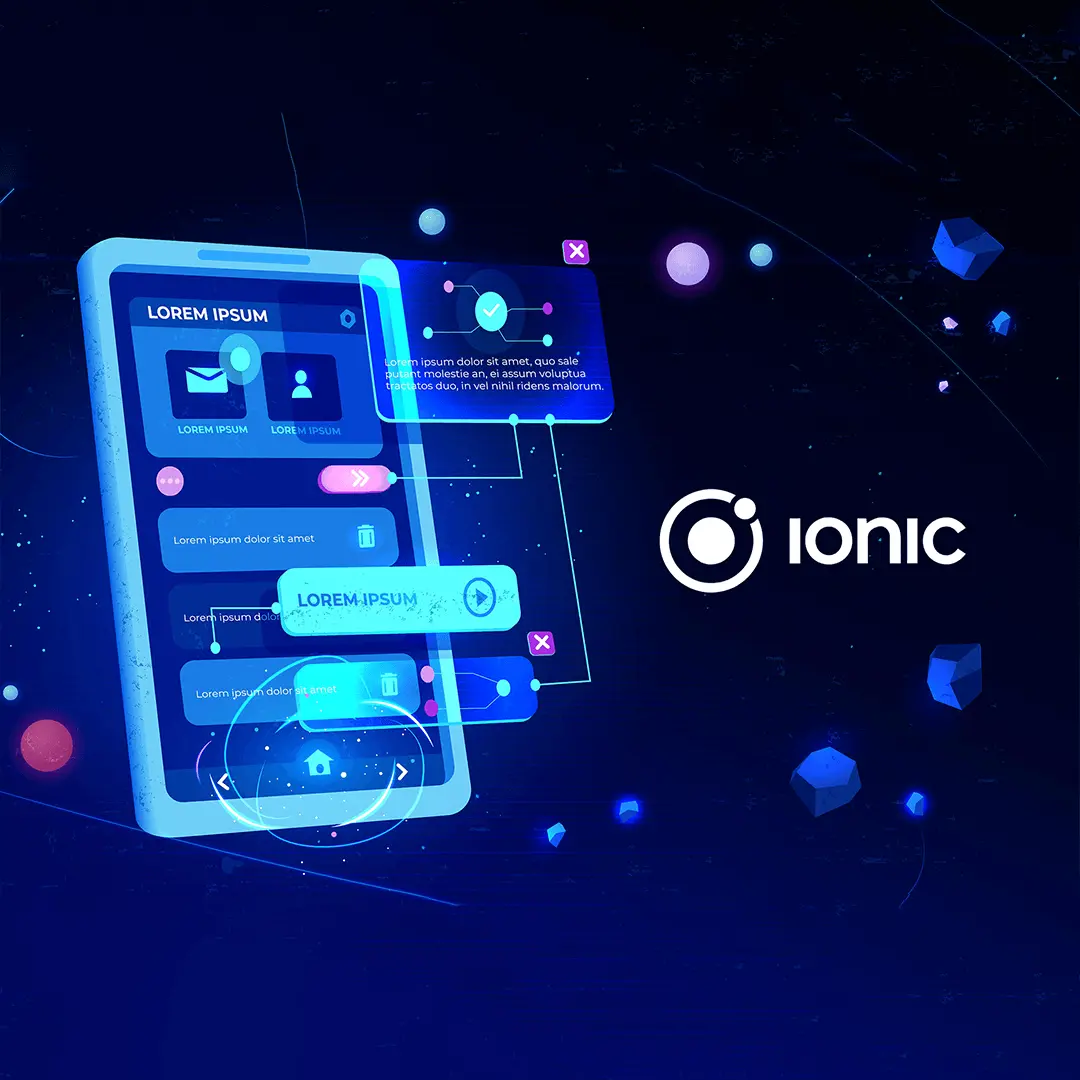
Ionic is a development framework for mobile applications with a focus on building hybrid mobile apps. Hybrid apps are small websites running in a browser app, that have access to the native platform layer. Hybrid apps have many benefits including native apps, platform support, speed of development, and access to third-party code.
Ionic 4.0.0-beta.0 versions of the Ionic 4 framework have already been announced and ionic teams are working on the final release of ionic alpha. Ionic 4 introduces new performance and build time improvements, powerful theming capabilities, multi-framework compatibility, and brand new documentation.
Ionic is an open-source, front-end framework for the development of hybrid mobile apps. Ionic is both a CSS framework and a JavaScript UI library. It is built on top of AngularJS to provide the application structure, while ionic mainly focuses on the look, feel, and UI interactions of an app.
Since Ionic is an HTML5 framework, it needs a native cover like Cordova or PhoneGap in order to run as a native app. We recommend using Cordova for mobile apps, and the Ionic tools can be utilized under Cordova.
Install the Ionic Framework and Cordova using npm :-
Open a terminal or command window, and install Cordova and Ionic. Then run:
npm install -g Cordova ionic
To install Cordova, make sure Node.js is installed, then run:
$ sudo npm install -g Cordova
After installing Cordova and Ionic, check for updates of the latest version.
Application building and testing through commands:-
Build a mobile app using the Cordova commands. To build an application in the iOS –
$ ionic Cordova build ios
And to run an application in the iOS –
$ ionic Cordova emulate ios
Testing on Android is faster and much easier. To test on an Android device, simply plug it in, and run
$ ionic Cordova run android
Upgrading an Ionic 3 application to ionic 4
Ionic is an inspiring framework for developing hybrid mobile apps and progressive web applications. We are thrilled to be working on an updated version of the ionic framework.
Changes to routing is one of the biggest changes in ionic 4. Ionic 4 now uses native Angular Routing with a twist. Components must be routed to maps, instead of pushing components directly into ion-nav. There are also changes in styles encapsulation, and in providers’ attributes for components, methods, etc.
Benefits of choosing ionic 4 framework
- The ionic framework allows the user to work across Android, IOS, Windows and other operating systems.
- An ionic framework is an open-source free platform.
- Ionic uses Angular as the primary framework which can be modified into web applications.
- An ionic framework has a vast and active community, full of development information and solutions to issues.
- An ionic framework helps in efficiently building an application and is compatible with all mobile devices.